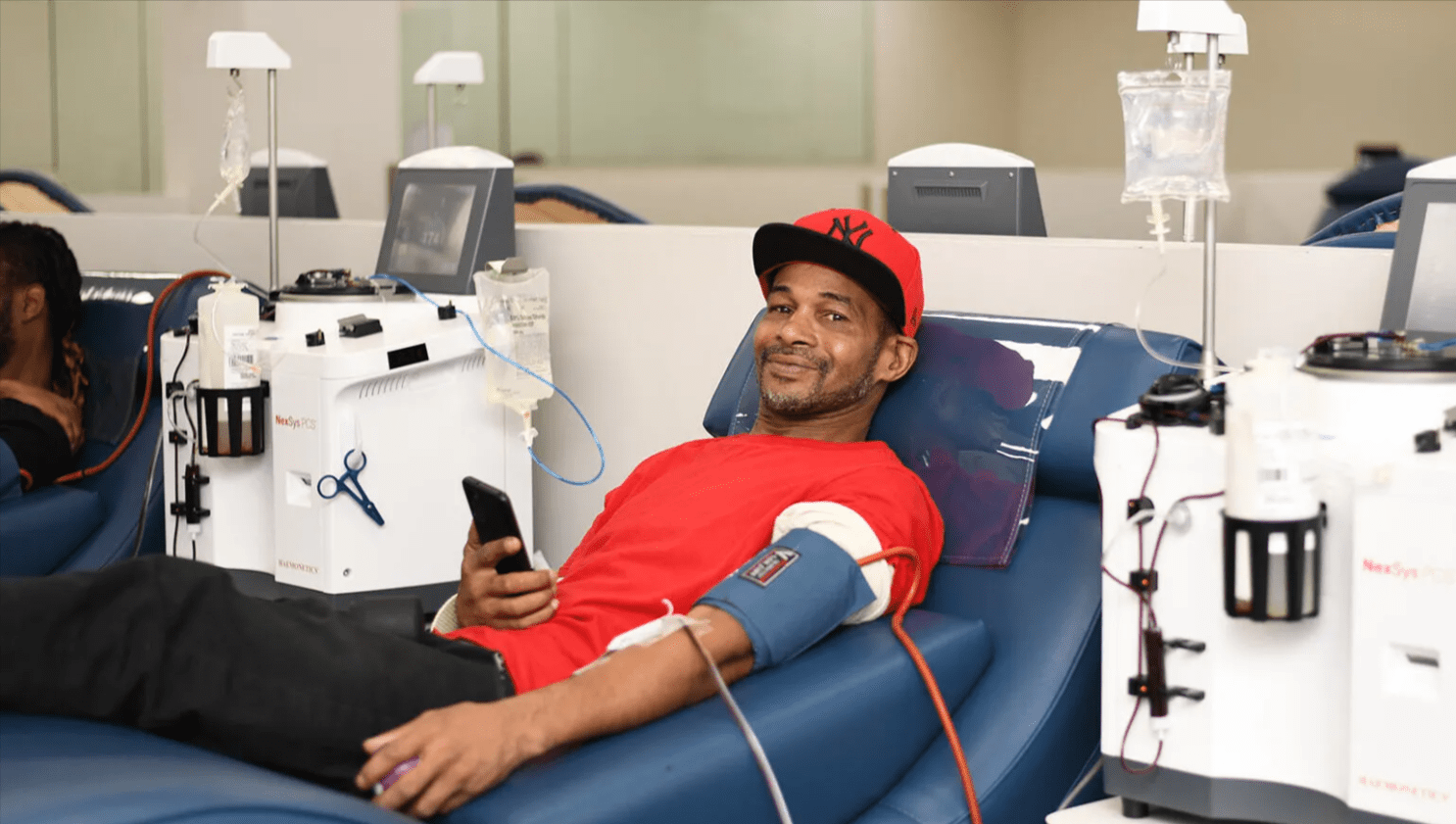You make hundreds of decisions every day, what to have for breakfast, which projects to work on at work. Though these choices may appear trivial, they accumulate and can erode you. This is what’s known as decision fatigue — a psychological condition in which your brain gets tired from making too many decisions, and you subsequently become less likely to make fully considered, or reasonable decisions, or if you do, it is with less mental energy. In this beginner’s guide, we’ll look at what decision fatigue is, its surprising health consequences, and easy ways to cope. With plain and simple explanations and some strategies to get you through, we can help you understand and minimize its effects on your life.
Decision fatigue is not just feeling tired. It can impact your mood, productivity, and even the health of your body. The more I learn about all of this, the more I become convinced that in today’s society, where we have so many options and are always in a hurry, being aware of this is critical for our health and focus.
What Is Decision Fatigue?
Decision fatigue occurs when your brain becomes too fatigued from the sheer volume of choices. Every decision, even a small one, uses mental energy. Over time, this drains your capacity to think straight, making poor decisions or avoiding decisions altogether. For example, after making any number of decisions about what to wear, eat, or do all day, you do the opposite in a bid to give yourself a break — haphazardly purchase something online or skip an important task.
The Secret Health Effects of Decision Fatigue
Decision fatigue is more than exhausting—you might be surprised to learn how it effects your health. Psychologically, it may cause stress, anxiety and irritability. If your brain is overburdened, you are more likely to feel overwhelmed or make poor decisions, such as overspending. Physically, it can prevent sleep, as a tired mind can’t relax. Then that bad sleep makes your focus worse, in a vicious little circle.
Long-term decision fatigue may even erode your immune system. Constant decision making causes stress, leading to high cortisol levels, making you more susceptible to illness. In exacerbated cases in busy places like the Gold Coast, such as where there is lots of social and career demand, workers in industries such as Sduko Indian escorts may face extra decisions over scheduling, or with clients, and this will add to their “cognitive load.” This kind of stress can eventually burn you out—mentally and physically.
How Decision Fatigue Plays Out in Daily Life
A decision fatigue seeps into the daily routine. At work, you may have trouble prioritizing tasks or procrastinate on important projects. At home, you may eschew cooking a health meal for takeout. It can also damage relationships — when you’re mentally exhausted, you’re more likely to fight or fail to communicate well with those closest to you.
Social situations are impacted too. Deciding what to wear, where to go or how to respond in a conversation adds to your decision load. Especially in a city such as Leeds, where the nightlife and scene is active – someone who works as Leeds escorts will be constantly making decisions regarding how they look or regarding the work and that could just add to the tiredness. The constant decision-making drains you of the opportunity to savor your life so even little things can feel like a big deal.
Why Modern Life Makes It Worse

The world these days is full of choices. Between infinite streaming options and unlimited products available online, you have more choices to make than ever before. Social media creates pressure to stay on top of trends, or pick the perfect thing. There are also quick decisions to be made in the context of the work environment, from emails to project plans. That overload is sapping your mental reserves faster than usual.
Technology, despite its benefits, can exacerbate decision fatigue. “We have apps and notifications tapping on our shoulder, and you have to decide what you want to engage with. In places like Goa where tourism results in a hectic lifestyle, people working in services such as Mumbai escorts may be faced with dozens of decisions about bookings, for instance, or travel, which can contribute to a sense of mental strain. In a digital age in which we are always “on,” the never-ending necessity to choose makes it difficult to keep up, let alone stay focused and plan for the future.
The Mental Health Connection
The concept of decision fatigue is intrinsically linked to mental health. When you’re brain-weary, you’re also more likely to feel anxious or depressed. Small decisions — what to wear — make feel paralyzing. This can undermine your confidence or increase the feeling of failure, particularly if you make bad decisions when you’re tired. Well, you know, number one, if you repeatedly make the decision to eat poor snack choices, your self-esteem and your health may be at risk.
Over time, chronic decision fatigue can lead to burnout. You may have the feeling you’re just slightly removed from things you used to to enjoy, or that you’re seeing the underside of happiness. It can also weaken your ability to manage stress, because the supplies in your head have been depleted. The approach you take to mitigate decision fatigue can help you maintain your mental health as well as a sense of authority over your life.
Strategies to Combat Decision Fatigue
There are ways to minimize decision fatigue. Start by simplifying your choices. Instead, establish habits around your life’s daily tasks: scheduling meals and outfits ahead of time, for instance. For instance, meal prepping over weekends eliminates the need to make a decision every day about what to eat. “People think work outfit requires effort, but wearing a similar style daily actually conserves mental effort,” she said.
Another piece of advice is to make major decisions early in the day, when your brain is not fatigued. Do big things, like work projects, in the morning. Leave decisions like what to watch on TV for another time. Minimize distractions by disabling unnecessary notifications on your phone. This saves your mental energy for what counts.
Taking Control of Your Choices
Mental and physical health are so affected by the problem of decision fatigue. By knowing what causes it and how it affects you, you can take steps to limit its impact. Streamline your schedule, make sleep a priority, and establish healthy habits that help conserve energy. With these tactics, you’ll make better choices, be more relaxed and happier, and enjoy life more. Start small today, take control of your choices, and live a healthier, better balanced life.








